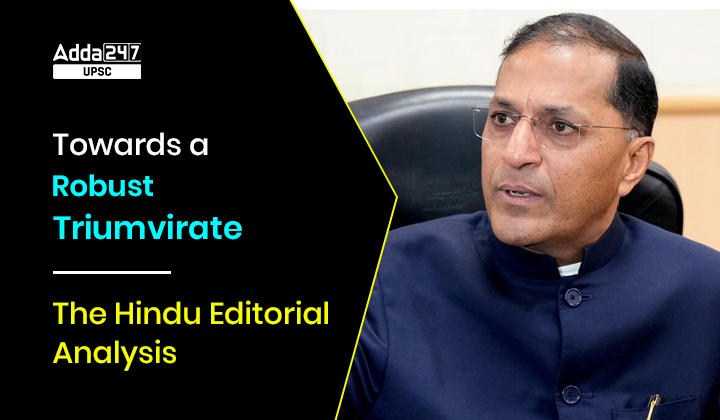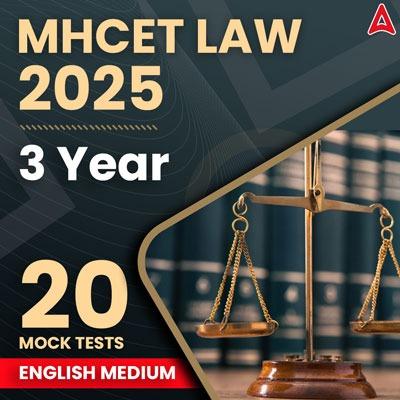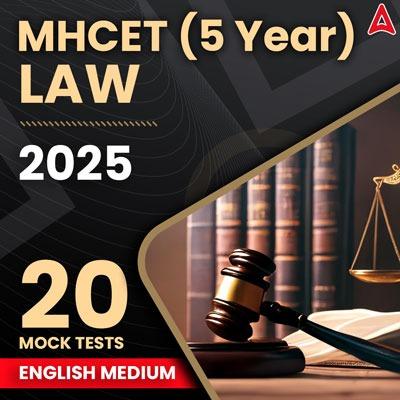Table of Contents
Towards a Robust Triumvirate Editorial Analysis
Appointment Procedure of Election Commission Members: The difference between the procedure for appointment of Members of Election Commissioners(ECs) and Chief Election Commissioner (CEC) has always been a contentious point. In this context, SC is examining the procedure for appointment.
Appointment Procedure of Election Commission Members is important for UPSC Prelims 2023 and UPSC Mains Exam (GS Paper 2- Constitutional Bodies and Their Mandates).
Appointment Procedure of Election Commission Members in News
- A five-judge Constitution Bench of the Supreme Court is examining a bunch of petitions recommending reforms in the process of appointment of members of the Election Commission.
- It is hoped that the Bench will also examine electoral reforms suggested to governments by successive Election Commissions over the last two decades or so.
Challenges in the Matter of Appointments of ECs
Appointment Procedure for ECs and CECs
Whether Election Commissioners should be selected by the executive or by a collegium. The idea of a collegium is not new.
Various Committees Recommended different mechanisms for ensuring fairness in the Appointment of ECs and CEC.
- Dinesh Goswami Committee: in 1990, It suggested that the Chief Election Commissioner be appointed by the President in consultation with the Chief Justice of India and the Leader of the Opposition (and in case the Leader of the Opposition was not available, then consultation be held with the leader the largest opposition group in the Lok Sabha).
- It said this process should have statutory backing.
- Importantly, it applied the same criteria to the appointments of Election Commissioners, along with consultation with the Chief Election Commissioner.
- National Commission to Review the Working of the Constitution: It was established under Justice M.N. Venkatachaliah. It said that the Chief Election Commissioner and other Election Commissioners should be appointed on the recommendation of a body comprising –
- The Prime Minister,
- The Leaders of the Opposition in the Lok Sabha and the Rajya Sabha,
- The Speaker of the Lok Sabha and
- The Deputy Chairman of the Rajya Sabha.
- 255th Report of the Law Commission: it was chaired by Justice A.P. Shah, said the appointment of all the Election Commissioners should be made by the President in consultation with a three-member collegium consisting of-
- the Prime Minister,
- The Leader of the Opposition of the Lok Sabha (or the leader of the largest opposition party in the Lok Sabha), and
- The Chief Justice of India.
- Law Commission also suggested measures to safeguard Election Commissioners from arbitrary removal, in a manner similar to what is accorded to the Chief Election Commissioner, who can only be removed by impeachment, which is by no means easy.
None of these recommendations gained traction in the governments to whom they were submitted.
Security of Tenure to ECs
The second issue is to afford the same security from arbitrary removal to Election Commissioners that the Constitution affords to the Chief Election Commissioner.
- Seshan Case Judgement: The Supreme Court lost an opportunity for reform in its judgment in the Seshan case.
- It conferred equal powers on the Election Commissioners as those enjoyed by the Chief Election Commissioner (referring to the Chief Election Commissioner as primus inter pares, or first among equals) and even offered majority power, whereby any two can overrule even the Chief Election Commissioner.
- Yet, it did not afford the Election Commissioners the same constitutional protection (of removal by impeachment) as is accorded to the Chief Election Commissioner.
Way Forward
- Providing Security of Tenure: The Election Commissioners be offered the same protection from arbitrary removal as enjoyed by the Chief from the day of appointment.
- Without this, they may hesitate to act independently, which they otherwise might if they were truly secure.
- In the absence of full constitutional security, an Election Commissioner could feel they must keep on the right side of the Chief Election Commissioner.
- They might also feel they should remain within the ambit favoured by the government.
- This is why the recommendations made by previous Commissions, if accepted, would go a long way in strengthening the independence of the Election Commission.
- Appointment by Collegium: While the Chief Election Commissioner should be appointed by a collegium, this must apply equally to the Election Commissioners.
- The collegium should be wide based.
Election Commission of India (ECI)
Conclusion
- The Election Commission must now equally be protected from arbitrary removal by a constitutional amendment that would ensure a removal process that currently applies only to the Chief Election Commissioner.









 TSPSC Group 1 Question Paper 2024, Downl...
TSPSC Group 1 Question Paper 2024, Downl...
 TSPSC Group 1 Answer key 2024 Out, Downl...
TSPSC Group 1 Answer key 2024 Out, Downl...
 UPSC Prelims 2024 Question Paper, Downlo...
UPSC Prelims 2024 Question Paper, Downlo...




